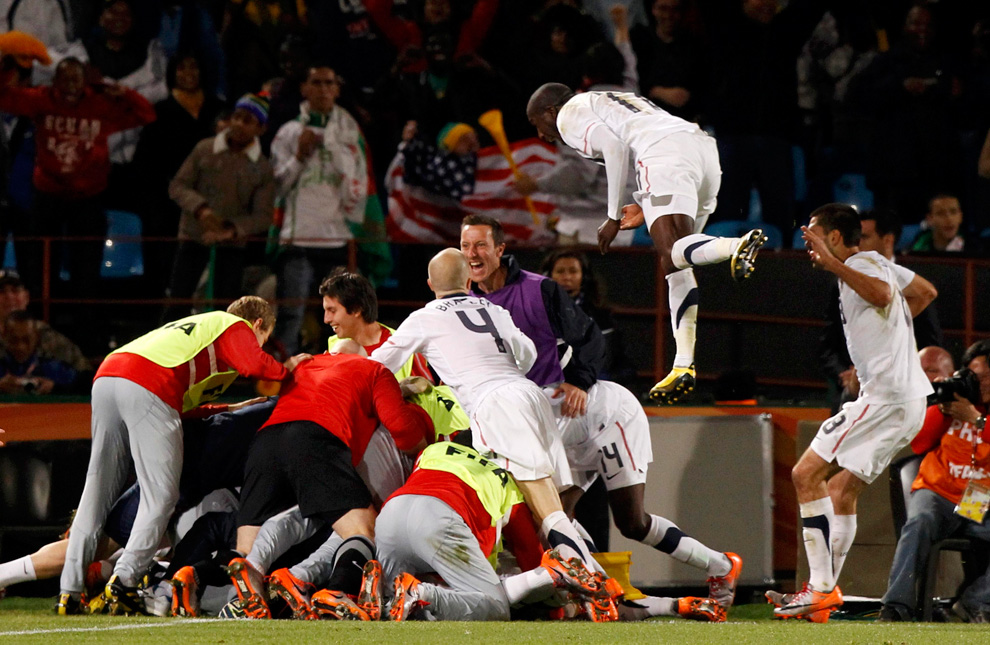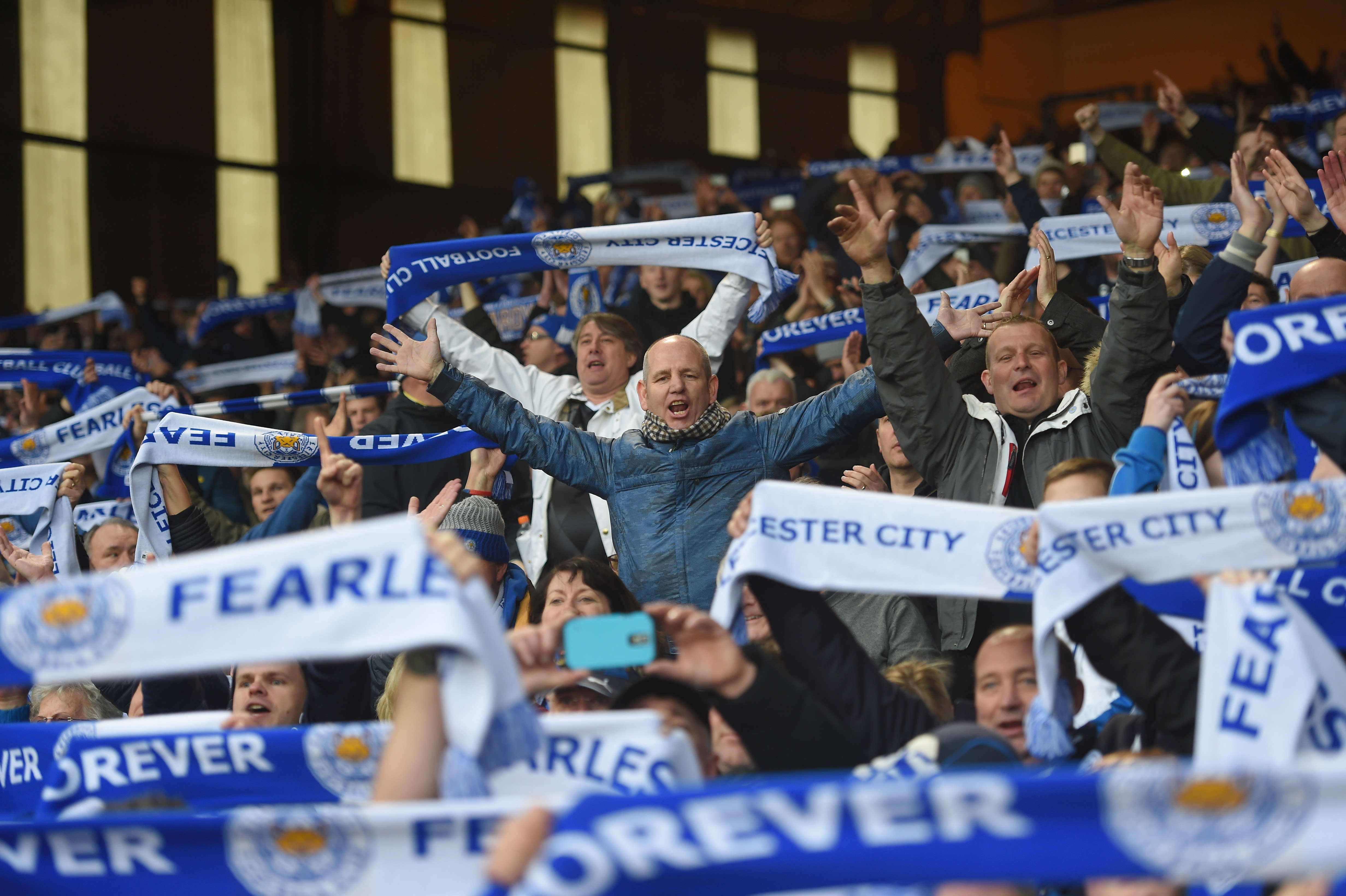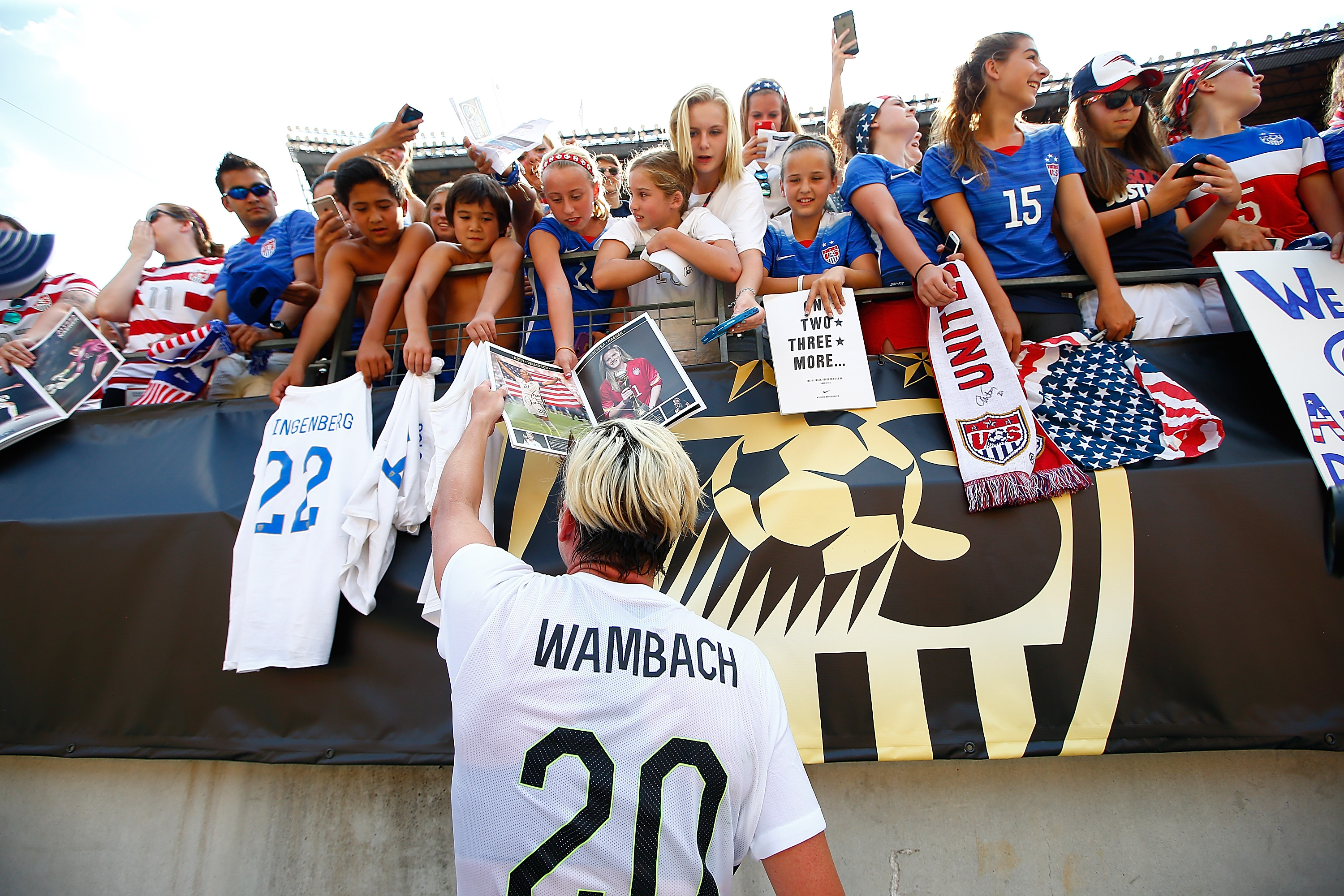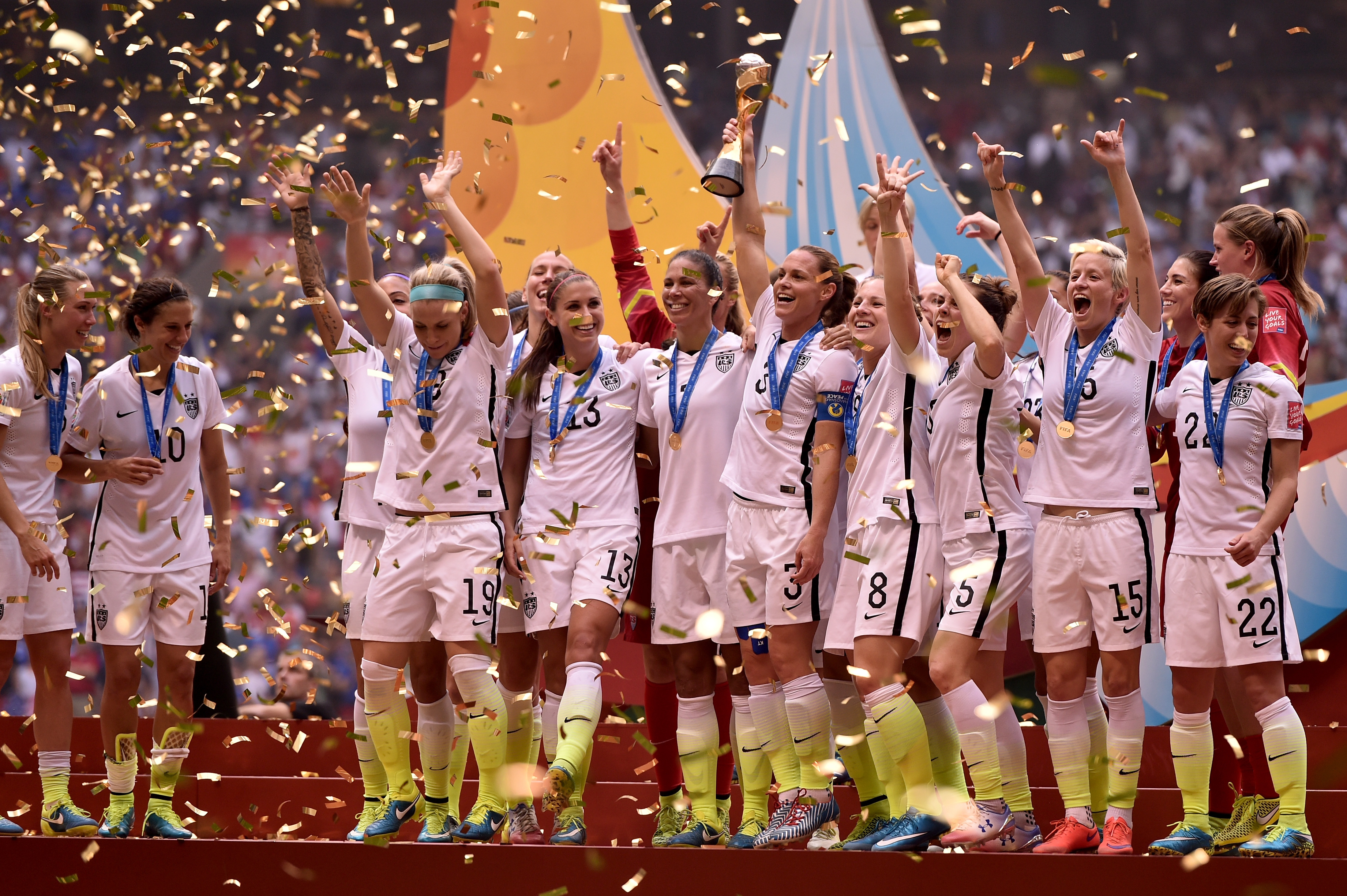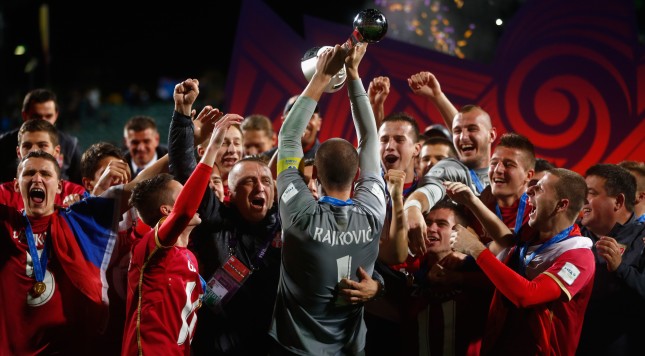Brazil in a youth World Cup final is nothing new, but Serbia…that was something 100 percent foreign up until the 2015 edition of the U-20 World Cup. One wouldn’t have blamed the newcomers to a final for clamming up a bit.
Instead, Serbia stood tall to the challenge of one of the soccer worlds great powers. It also did so in a way we’ve seen all 2015 U-20 World Cup — going through extra time. It all led to Serbia’s experience in extra time paying off as they hoisted the championship trophy with a 2-1 win after extra time.
Serbia got to the finals by playing three straight extra time games and extending one of them (against the United States in the quarterfinals) to a shootout. No shootout was needed on Saturday morning, as Serbia’s Nemanja Maksimovic’s goal in the 118th minute made all the difference.
https://vine.co/v/eiDhrhndXZx
It was Maksimovic’s second goal of the tournament, and his first since the final group stage match against Mexico (a 2-0 win for Serbia).
As extra time games go, this one was entertaining from start to finish. Neither side was timid and both went out for the win rather than feeling each other out from the first whistle.
Early on both teams showcased they weren’t afraid of the others’s strengths, and that led to some impressive attacking soccer. Serbia and Brazil each created multiple shots on goal early on in the match, but more importantly, the two teams’ attacks were dangerous from the get-go.
While most wouldn’t have picked Brazil vs. Serbia to showcase the future of the beautiful game, that was exactly what was on display. However, it took 70 minutes for the scoreless tie to finally be broken.
Once again it was Maksimovic playing a crucial role, swinging in a cross that teammate Stanisa Mandic put home for a 1-0 lead to the underdogs in the 70th minute.
It didn’t take long for the Brazilian’s to respond, with Andreas Pereira equalizing just three minutes later. Pereira’s goal was more of the magical stuff we’ve come to expect from Brazilian players at all levels internationally…
https://vine.co/v/eip0AXUZAJn
…but, Brazil couldn’t capitalize on the serious momentum, and the scoreline stayed 1-1 as the full-time whistle blew.
This game was not short on attacking play despite the low-scoring look of Serbia’s 2-1 extra time win. The two teams combined to hit 18 shots on target and 38 total attempts on net.
Neither team scoring much was more a tribute to great goalkeeping and some enterprising defensive play than missed shots or bad offensive play. That was perhaps the biggest key to Serbia’s success, even in close matches.
Throughout the tournament, Serbia gave up just four goals in total and scored 10 of their own.
Serbia’s victory in New Zealand is its first as an independent nation. Yugoslavia won the FIFA World Youth Championship in 1987.
Perhaps most impressive is the Serbian side isn’t made of international superstars or players with big named clubs behind them. Just five of the 23-man squad that went to this U-20 World Cup play outside of Serbia actually.
Those five players are Vanja Milinković-Savić (Manchester United), Miloš Veljković (Tottenham Hotspur), game-winning goal scorer Nemanja Maksimović (Astana), Filip Janković (Catania) and Sergej Milinković-Savić (Genk).
Given Serbia’s performance in this World Cup, it may not be long before a lot of the other players on this roster find suitors in bigger leagues in Europe.
Winning a U-20 World Cup also means lifted expectations for a Serbian side that had fallen on harder times since the fall of Yugoslavia. The question is, will this group be able to capitalize on this performance and begin to grow in to the full national team.

